In Professor Stuart Piggin’s seminal work on the Evangelical history of Australia, The Fountain of Public Prosperity, he shows that it was the rise of ‘pre-millennialism’ eschatology that gave much impetus to the Evangelicals’ effective evangelism. Evangelical evangelists of the mid-1800’s, influenced by the new dispensational pre-millennial eschatology, were preaching that Christ’s return – and the end of the world – was imminent. But their pre-millennial gospel was also ‘pre-tribulational’ – which meant that the urgency to turn to Christ in repentance was even more urgent, otherwise Christ’s “secret return” (‘the rapture’) could leave the unrepentant in the midst of a hell-on-earth “Great Tribulation”. This new evangelistic message gained much acceptance from Evangelicals and resulted in many converts. It would be a popular evangelistic message up until the latter part of the twentieth century. Pragmatically, it was a popular because it worked! In fact, one of my heroes, Dr. Billy Graham, utilised a pre-millennial, pre-tribulational message extremely effectively in his evangelistic preaching. But like many (unexamined) good ideas, it has had some unintended negative consequences.
UNINTENDED NEGATIVE CONSEQUENCES PRE-MILL
PRE-TRIB ESCHATOLOGY
¶ After this I looked, and behold, a great multitude that no one could number,
from every nation, from all tribes and peoples and languages,
standing before the throne and before the Lamb, clothed in white robes,
with palm branches in their hands, and crying out with a loud voice,
“Salvation belongs to our God who sits on the throne, and to the Lamb!”
Revelation 7:9-10
The tragic unintended consequences of pre-mill/pre-trib eschatological evangelistic preaching include that it has hindered long-term planning, and the kind of evangelism that takes a generational thinking and patience. Of course, we evangelicals long to see instant and positive results to our evangelistic preaching, but there are good reasons for understanding that there are times when the work of the Holy Spirit in drawing a person to Christ takes multiple intersections over an unspecified longer period of time. How many of us realise that many of the ideas that are now shaping our world were intentionally unChristian ideas that were sown into culture over one hundred and thirty years ago. An example of this would be the deliberate strategy of the Bloomsbury Group and ‘Midnight Society’ of the late 1800s who set out to undermine the influence of Christianity in the Western world by having its novelists, poets, playwrights, and historians, to portray Christian ministers as often being moral hypocrites, and marriage as an impediment to human sexual flourishing.
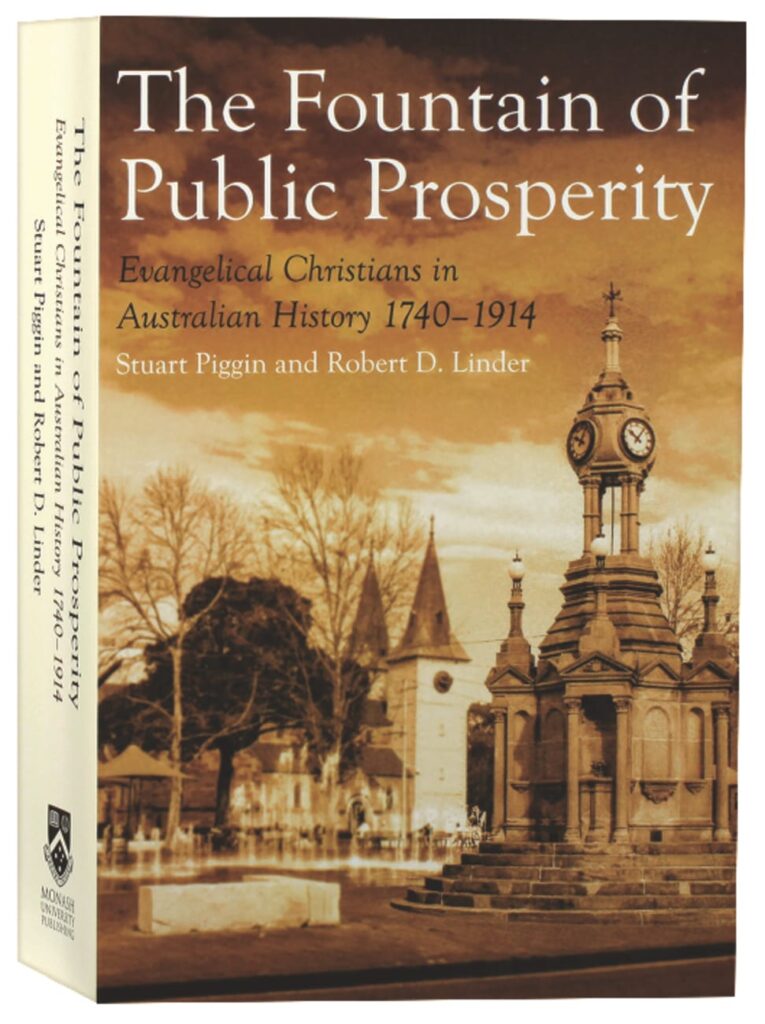 By having an eschatology that is not pre-mill/pre-trib that then lends the believer to believe that one day that Christ will return, as the creeds affirm, but in the meantime we will sow gospel-ideas into the ‘now’ which will also have a generational legacy as well. (This is one of the reasons why I love the writings of Dr. F.W. Boreham because he wrote in a classic way that has also had a profound and positive impact for following generations. Having a keen appreciation for history helps me as an Australian to recognise that the case which Prof. Stuart Piggin has made in The Fountain of Public Prosperity – Evangelical Christians in Australian History 1740-1914, that what has helped to shape Australian identity in 2024 began with the ideas of the Wesleyan revival of 1740 and the subsequent emerging of the ‘Clapham Sect’ (late 1700s) who instigated the English settlement of convicts to Australia. The ideas sown into the formation of European Australia by the English evangelicals of the late 18th century have helped, as Prof. Piggin points out, in making Australia one of the (if not the) most Christianised nations on earth!
By having an eschatology that is not pre-mill/pre-trib that then lends the believer to believe that one day that Christ will return, as the creeds affirm, but in the meantime we will sow gospel-ideas into the ‘now’ which will also have a generational legacy as well. (This is one of the reasons why I love the writings of Dr. F.W. Boreham because he wrote in a classic way that has also had a profound and positive impact for following generations. Having a keen appreciation for history helps me as an Australian to recognise that the case which Prof. Stuart Piggin has made in The Fountain of Public Prosperity – Evangelical Christians in Australian History 1740-1914, that what has helped to shape Australian identity in 2024 began with the ideas of the Wesleyan revival of 1740 and the subsequent emerging of the ‘Clapham Sect’ (late 1700s) who instigated the English settlement of convicts to Australia. The ideas sown into the formation of European Australia by the English evangelicals of the late 18th century have helped, as Prof. Piggin points out, in making Australia one of the (if not the) most Christianised nations on earth!
APPRECIATING THAT CULTURES ARE SHAPED
BY IDEAS OVER TIME
A study of the history of religious revivals reveals that one of the hallmarks of a revival is the large numbers of people who are converted due to a cultural seasoning by the truths of the gospel. We see in the Book of Acts that when Paul went to a non-Jewish population centre, he often had to begin to introduce the foundational truths of the gospel before he preached the gospel.
¶ Now while Paul was waiting for them at Athens,
his spirit was provoked within him as he saw that the city was full of idols.
¶ So Paul, standing in the midst of the Areopagus, said:
“Men of Athens, I perceive that in every way you are very religious.
For as I passed along and observed the objects of your worship,
I found also an altar with this inscription:
‘To the unknown god.’
What therefore you worship as unknown, this I proclaim to you.
The God who made the world and everything in it, being Lord of heaven and earth,
does not live in temples made by man, nor is He served by human hands, as though He needed anything,
since he Himself gives to all mankind life and breath and everything.
And He made from one man every nation of mankind to live on all the face of the earth,
having determined allotted periods and the boundaries of their dwelling place,
that they should seek God, and perhaps feel their way toward Him and find Him.
Yet He is actually not far from each one of us, for “‘In him we live and move and have our being’;
¶ as even some of your own poets have said, “‘For we are indeed his offspring.’
¶ Being then God’s offspring, we ought not to think that the divine being is like gold or silver or stone,
an image formed by the art and imagination of man. The times of ignorance God overlooked,
but now He commands all people everywhere to repent,
because He has fixed a day on which He will judge the world in righteousness by a man whom He has appointed;
and of this He has given assurance to all by raising Him from the dead.”
Acts 17:16, 22-31
This summary by Dr. Luke, the author of Acts, of Paul’s address to the Athenians gives us an example of how Paul set out to introduce the foundational truths of the gospel, before he shared the gospel. I think we could extrapolate from this example that may also have to consider infiltrating a culture’s thinking with the foundational truths of the gospel in order to have the gospel understood and accepted. This is why I argue that when a person’s pre-mill/pre-trib eschatology causes them to reject the idea of taking a long-term view of effective evangelism; while, by taking a Partial-Preterist view of eschatology a believer can at least make some long-term evangelistic plans such as persistent and consistent prayer meetings praying for the salvation of an entire city/town/region. And, furthermore, I ague that we have nothing to lose if we do so!
-Dr. Andrew Corbett
-
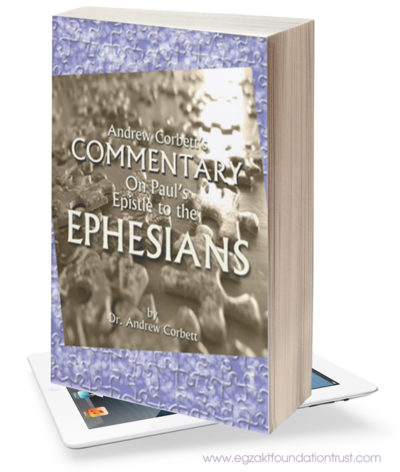
A Commentary On Paul’s Epistle To The Ephesians, eBook
$8.95 -
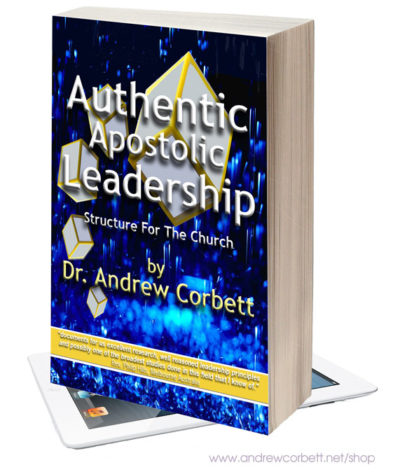
Authentic Apostolic Leadership, eBook
$18.95 -

Christian Witchcraft – Getting Things Wrong In Jesus’ Name
$5.95 -
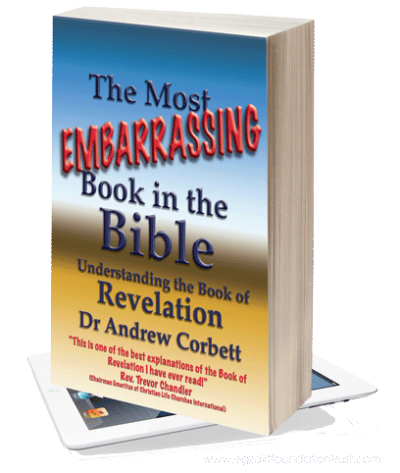
The Most Embarrassing Book In The Bible, eBook
$15.95 -
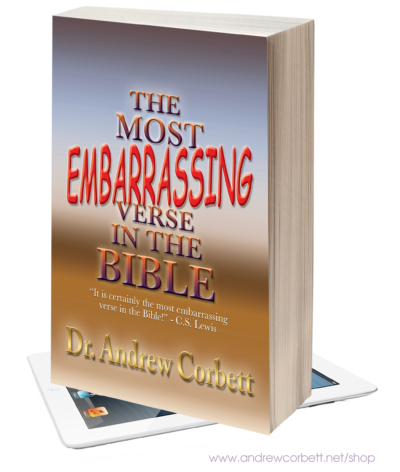
The Most Embarrassing Verse In The Bible, eBook
$6.95 -

Which Translation Can I Trust? eBook
$7.95

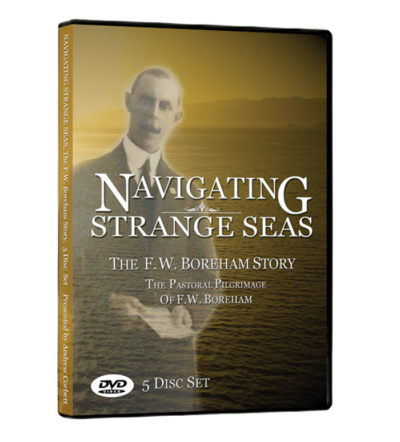
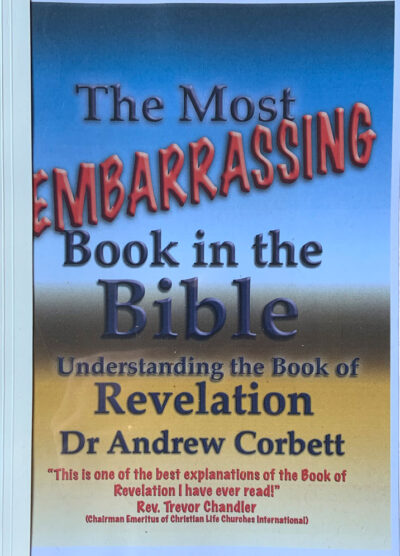
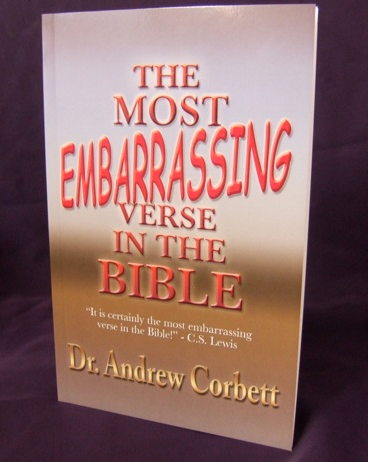

0 Comments